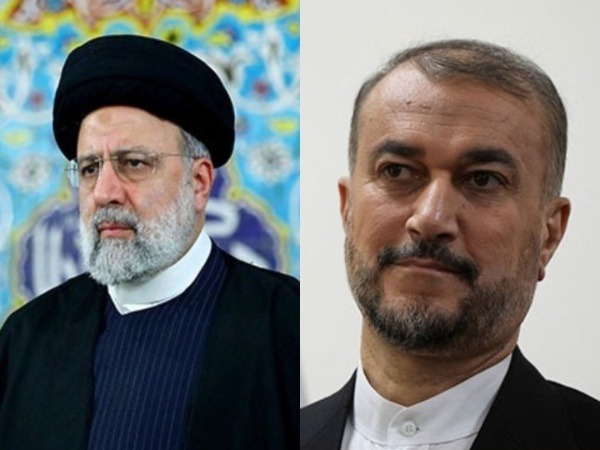Iran Votes amid Apathy to Replace Late President Raisi
Iranians head to the polls in a snap election to replace President Raisi, who died in a helicopter crash. The election sees a contest between hard-liners and a reformist candidate, amid widespread public apathy and ongoing regional tensions. A higher turnout could influence the outcome.

- Country:
- United Arab Emirates
Iranians are casting their votes in a surprising snap election to appoint a successor to President Ebrahim Raisi, who tragically died in a helicopter crash last month. The prevalent public apathy is palpable, a consequence of years of economic struggles, mass protests, and regional tensions.
The electoral choice comes down to hard-line candidates and a relatively obscure reformist politician. However, much like the trend since the 1979 Islamic Revolution, women and advocates for radical change are absent from the ballot, and international observers are notably absent to supervise the vote.
Concurrent with the election, the Middle East remains embroiled in tension, accentuated by the Israel-Hamas conflict. Additionally, Iran persists in enriching uranium at levels close to weapons-grade, holding a quantity sufficient to construct several nuclear devices if it chooses.
Given Iran's framework of governance, supreme authority rests with 85-year-old Supreme Leader Ayatollah Ali Khamenei. Nevertheless, the presidency retains influential power in shaping policies ranging from confrontation to diplomacy with the West.
Turnout rates are under scrutiny, especially considering the electorate's record-low participation in recent elections. Interior Minister Ahmad Vahidi confirmed the opening of polls at 8 am local time, where traditionally, Khamenei casts one of the initial votes.
Emerging analyses categorize the race as a tripartite contest: hard-liners Saeed Jalili and Mohammad Bagher Qalibaf spar against the reformist Masoud Pezeshkian. With Pezeshkian advocating for the revival of the 2015 nuclear deal and better Western relations, a significant turnout may bolster his chances, despite Narges Mohammadi's calls for a boycott.
Over 61 million Iranians, primarily adults aged 18 to 30, are eligible voters. Under Iranian law, a candidate must secure over 50% of votes to win this election, else the leading two candidates face a runoff — a historical second since 2005 when Mahmoud Ahmadinejad won over Akbar Hashemi Rafsanjani.
The late President Raisi, who perished on May 19, was seen as a protege of Khamenei, and possibly his successor. While many revere him for his potential leadership, others remember his dark legacy of mass executions in 1988 and his brutal suppression of dissent following Mahsa Amini's death in 2022.
(This story has not been edited by Devdiscourse staff and is auto-generated from a syndicated feed.)










